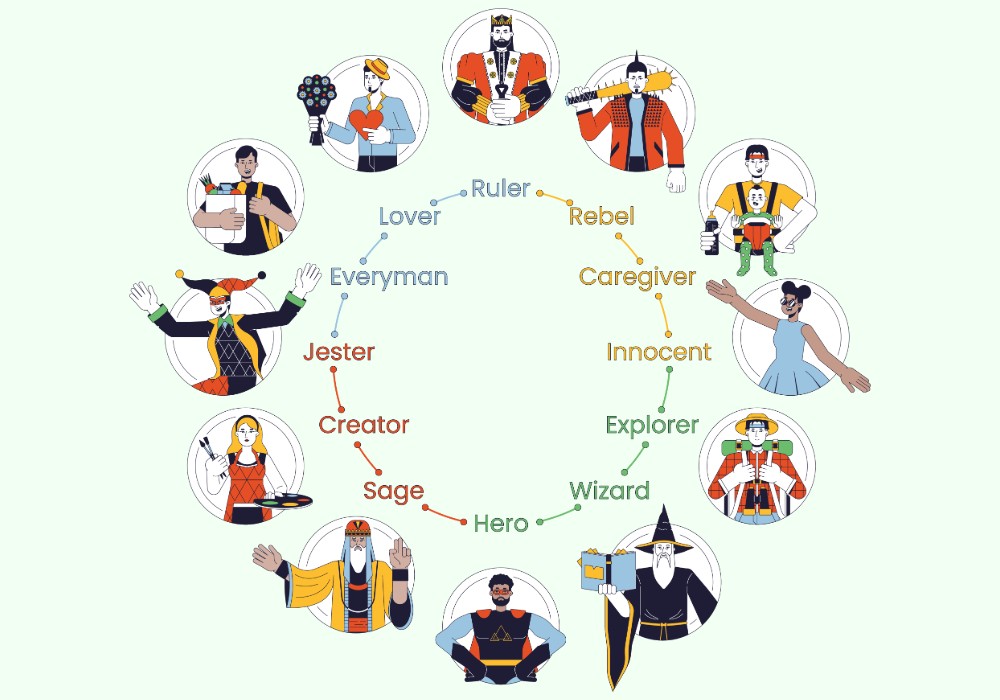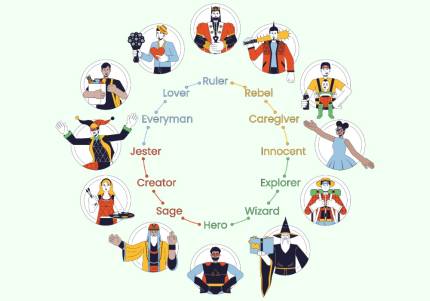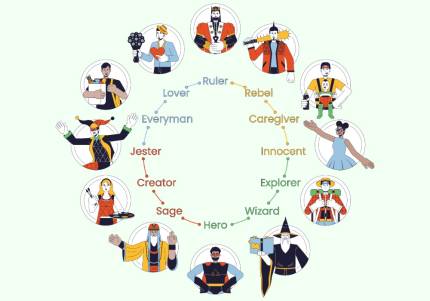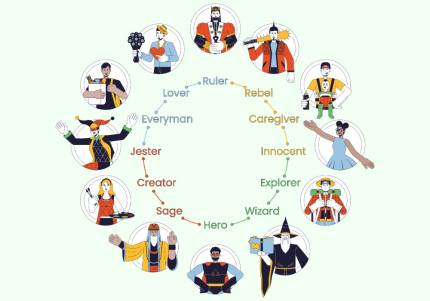Famous People and Their Alleged Personality Types
- 22 May 2025

Understanding Personality Types Through Famous Figures
Personality typing systems offer fascinating frameworks for understanding human behavior and motivations. When applied to famous individuals, these systems can provide insights into why certain people achieved greatness in their respective fields. While personality assessments should never be considered definitive without proper evaluation, examining the alleged personality types of well-known figures can help us better understand these frameworks in action.
This article explores commonly cited personality types of famous individuals across different domains and what these classifications might reveal about their approaches to life, work, and creativity.
Popular Personality Frameworks
Before diving into specific examples, it's helpful to understand the major personality frameworks used to categorize famous individuals:
- Myers-Briggs Type Indicator (MBTI) - Based on Carl Jung's theory, categorizing people into 16 types using four dichotomies
- Enneagram - A system identifying nine interconnected personality types, each with distinct motivations and fears
- Big Five - A scientific model measuring five key dimensions: openness, conscientiousness, extraversion, agreeableness, and neuroticism
- DISC - Categorizing behavioral styles into Dominance, Influence, Steadiness, and Conscientiousness
Historical Figures and Their Speculated Types
Many historians and personality experts have attempted to type historical figures based on their documented behaviors, writings, and decisions:
| Historical Figure | Alleged MBTI Type | Alleged Enneagram Type | Notable Traits |
|---|---|---|---|
| Albert Einstein | INTP | Type 5 (The Investigator) | Abstract thinking, intellectual curiosity, focus on theoretical concepts |
| Mahatma Gandhi | INFJ | Type 9 (The Peacemaker) | Idealism, moral conviction, quiet determination |
| Marie Curie | INTJ | Type 5 (The Investigator) | Systematic research approach, intellectual independence, dedication |
| Abraham Lincoln | INFJ | Type 1 (The Reformer) | Principled leadership, thoughtful decision-making, strategic thinking |
Entertainment and Business Personalities
Contemporary celebrities and business leaders often show distinct personality patterns that may contribute to their success:
- Oprah Winfrey - Often typed as an ENFJ (The Protagonist) or Enneagram Type 3 (The Achiever), combining empathy with ambition
- Steve Jobs - Commonly described as an INTJ (The Architect) or Enneagram Type 4 (The Individualist), known for visionary thinking and perfectionism
- Taylor Swift - Frequently typed as an ENFJ (The Protagonist) or Enneagram Type 3 (The Achiever), showing strong emotional intelligence and strategic career planning
- Bill Gates - Often labeled an INTP (The Logician) or Enneagram Type 5 (The Investigator), demonstrating analytical thinking and systematic problem-solving
The Value and Limitations of Celebrity Typing
While examining famous personalities through these frameworks can be enlightening, several important considerations should be kept in mind:
- These are speculative assessments, as most famous individuals haven't publicly confirmed their types through official testing
- Human personality is complex and often evolves throughout one's lifetime
- Public personas may differ significantly from private personalities
- Cultural and historical contexts shape how personalities develop and express themselves
Studying alleged personality types of famous people can enhance our understanding of different personality frameworks and provide relatable examples of how these traits manifest in real life. However, these classifications should be approached as interesting possibilities rather than definitive statements.
Conclusion
Famous personalities offer compelling case studies for understanding personality typing systems. Whether examining historical figures like Einstein and Gandhi or contemporary icons like Oprah and Gates, these analyses provide concrete examples of how personality traits might influence achievement, leadership style, and creative expression. As you explore personality frameworks for yourself, consider how these famous examples might illuminate aspects of your own psychological makeup and potential paths for personal growth.



